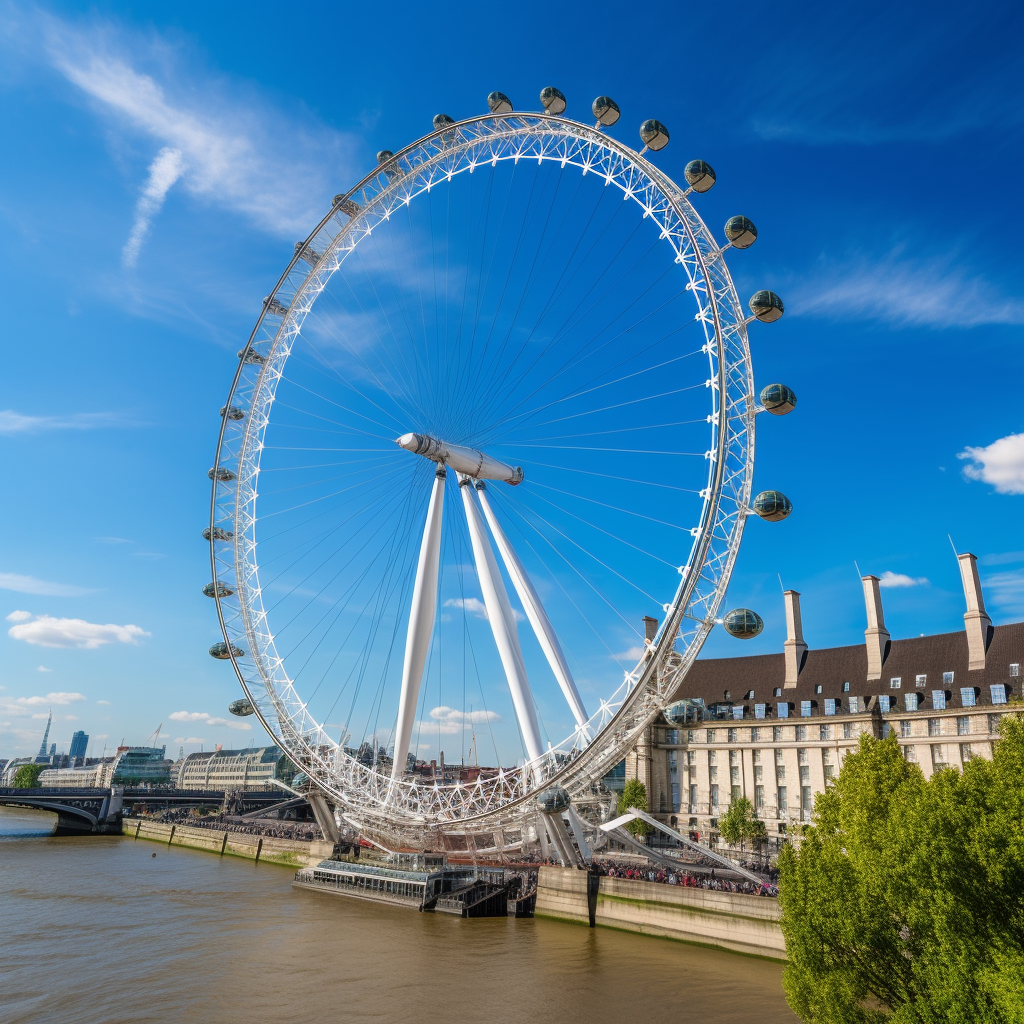July 26, 2023
UK Conservatives Urge Government to Reconsider Pace of Net Zero Emissions Transition Amidst Economic Concerns
Book a Demo
UK Conservative MPs are calling on the government to rethink the pace at which the country is transitioning to net zero emissions. This comes in the wake of concerns raised by voters about the expansion of low-emission zones in London. Right-wing members of the party are urging ministers to reconsider the speed of this transition, citing the potential impact on consumers and the economy.
The UK Government has received criticism from the Climate Change Committee for sending mixed messages about its commitment to achieving net zero emissions. This criticism mainly stems from the government’s continued support for expanded fossil fuel drilling in the North Sea.
Notable figures like Sir Jacob Rees-Mogg and Danny Kruger, co-leader of the New Conservatives, have asked for a reassessment of deadlines related to environmental initiatives. Chancellor Rishi Sunak is also reportedly considering whether to delay or even abandon certain climate measures due to potential costs for consumers.
Additionally, the UK Government may be contemplating an exemption for smaller car manufacturers from the impending 2030 ban on new petrol and diesel cars. A potential ban on low-traffic neighborhoods is also being weighed up, marking another potential roll-back on environmental commitments.
Housing Secretary Michael Gove has hinted at a possible relaxation of a deadline set to improve energy efficiency in privately rented homes. This suggestion has led landlords to call for greater clarity on these regulations.
Many Tory MPs have expressed their belief that the transition to a low-carbon economy is being rushed. They argue that this could result in higher living costs, especially for those less well-off.
The Net Zero Scrutiny Group (NZSG) has voiced concerns about a perceived lack of transparency in the government’s approach to this transition. They warn that this could lead to potential “unfairness” in the implementation of these environmental measures.
The NZSG has emphasized the need for greater public dialogue about the economic consequences of transitioning to a net-zero carbon economy. They assert that the current plans could disproportionately affect those on lower incomes, further highlighting the need for a comprehensive and inclusive discussion on the issue.



